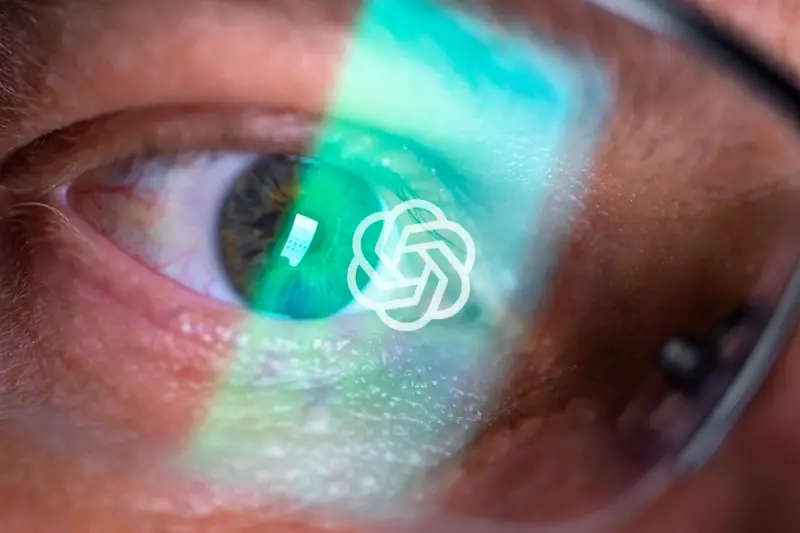
In a landmark move to tackle soaring demand and lengthy waiting lists, the National Health Service is turning to artificial intelligence. A pioneering trial will integrate advanced AI chatbots, such as the technology behind ChatGPT, into its mental health services, offering patients immediate, accessible support.
A Digital First Response for Mental Wellbeing
The initiative aims to provide a crucial first point of contact for individuals seeking help. These AI-powered tools are designed to offer therapeutic conversations, guiding users through evidence-based techniques like Cognitive Behavioural Therapy (CBT) for conditions such as anxiety and depression.
This isn't about replacing highly trained therapists, but about creating a scalable, 24/7 available digital safety net. It can offer support in those critical moments when a human professional isn't immediately available, potentially preventing a crisis and guiding people towards the most appropriate care.
Easing the Pressure on a Strained System
The NHS is under unprecedented pressure, with mental health services experiencing record levels of referrals post-pandemic. This AI pilot represents a pragmatic and innovative solution to a systemic problem. By handling initial assessments and providing ongoing low-intensity support, the technology could free up valuable clinician time for more complex cases.
Rigorous Standards and Ethical Safeguards
While the potential is vast, the deployment of AI in healthcare comes with significant responsibility. The NHS emphasises that any chatbot technology adopted will undergo rigorous clinical testing and validation to ensure it is safe, effective, and compliant with strict data privacy regulations. The focus remains on augmentation, not replacement, of human care.
The success of this trial could mark a significant shift in how mental health support is delivered in the UK, making it more responsive, efficient, and accessible to all who need it.





